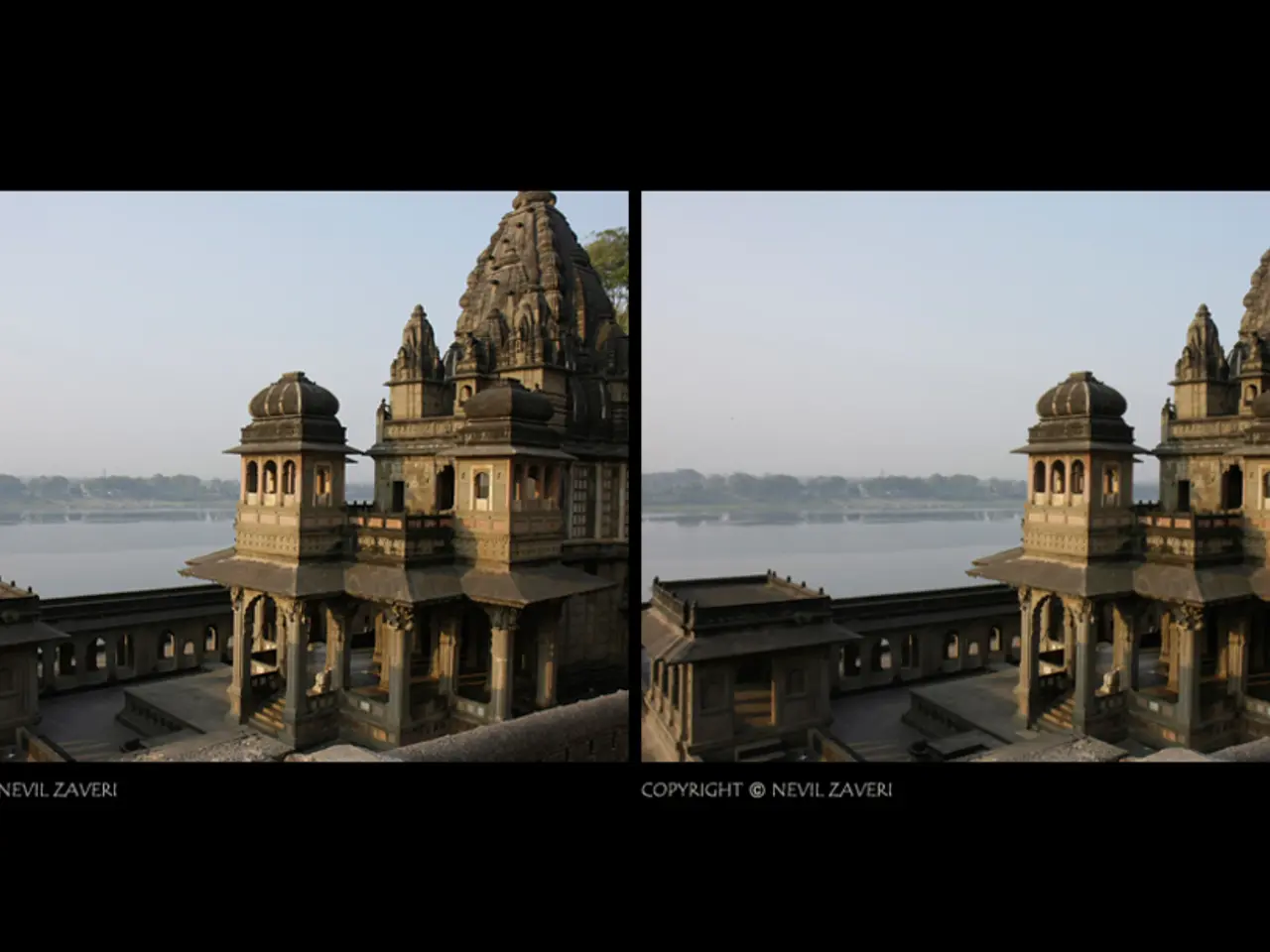Investigations at Kazakhstan's Ulus of Jochi Institute delve into overlooked periods of the nation's sovereignty
The Institute for the Study of the Ulus of Jochi: Unveiling the History of the Kazakh Khanate
Nestled in Kazakhstan, the Institute for the Study of the Ulus of Jochi is delving into the rich history of Central Eurasia. Established by the President of Kazakhstan, the institute has been actively researching the Ulus of Jochi, a significant milestone in Kazakh statehood that emerged 800 years ago [1].
Under the leadership of renowned historian and PhD scholar Zhaksylyk Sabitov, the institute's research scope spans from the Ulus of Jochi's inception in 1224-1225 to the rule of Kenesary, the last all-Kazakh khan, in 1847 [2]. The institute is dedicated to understanding the Golden Horde and the Kazakh Khanate, with a particular focus on the ethnogenesis of the Kazakh people during the Ulus period [2][3].
Notable projects include collaborations around media such as the historical series "The Golden Empire," which aims to reinterpret Central Eurasian history by emphasizing the Ulus of Jochi as a political and cultural center rather than a frontier territory. This series has attracted international interest and partnerships with Turkish producers, with initial contacts from China and Mongolia as well [2].
The institute also engages in archaeological and numismatic research that relates to the Ulus's period, supporting broader historical and cultural projects in Kazakhstan. For instance, recent archaeological discoveries have unearthed medieval silver coins dating to the reign of Mengu-Temir Khan, a ruler of the Golden Horde, deepening our understanding of the period's political-economic context [5].
In 2024, the institute achieved substantial academic output, publishing 15 articles in Scopus and Web of Science journals, alongside 61 articles in Kazakh academic journals. Highlights of the institute's 2024 publications include translations of medieval sources such as the "Yuanshi" and "Mingshi" (Chinese chronicles), "Zubdat al-Fikra" by Rukn ad-Din Beibars, and "Sheibani-nama" by Muhammad Salih [4].
Looking ahead, the institute plans to undertake a comprehensive exploration of the Golden Horde in 2026 and complete studies on the Kazakh Khanate and national memory in 2025. The institute is also contributing to the third volume of Kazakhstan's academic history, focused on the Golden Horde [6].
The mausoleum of Jochi Khan, the founder of the Ulus of Jochi, is located 45 km northeast of the city of Zhezkazgan [7]. By the end of 2024, the initiative produced approximately ten publications, including books on the Chagatai Ulus, the Moghulistan state, and an encyclopedia highlighting prominent figures from the Chagatai, Ogedei, and Kaidu uluses [8].
In essence, the Institute for the Study of the Ulus of Jochi’s key projects revolve around historical research on the Ulus of Jochi’s political and cultural significance, exploration of the Kazakh ethnogenesis during the Ulus period, media projects like "The Golden Empire" to popularize and reinterpret Central Eurasian history, and archaeological and numismatic studies that enhance understanding of the Ulus's material culture and economy [9]. The institute's work is not only contributing to academic discourse but also fostering international interest and cooperation on these fascinating topics.
[1] Institute for the Study of the Ulus of Jochi [2] Interview with Zhaksylyk Sabitov [3] The Kazakh Khanate [4] Institute's 2024 Publications [5] Discovery of Medieval Coins [6] Contribution to Kazakhstan's Academic History [7] Jochi Khan's Mausoleum [8] 2024 Publications [9] Institute's Key Projects
At the Institute for the Study of the Ulus of Jochi, education and self-development are prioritized through historical research and media projects, such as "The Golden Empire," aiming to popularize and reinterpret Central Eurasian history.
Moreover, the institute is dedicated to fostering self-improvement by contributing to academic discourse, enhancing understanding of the Ulus of Jochi's material culture and economy, and facilitating international cooperation on these topics.




